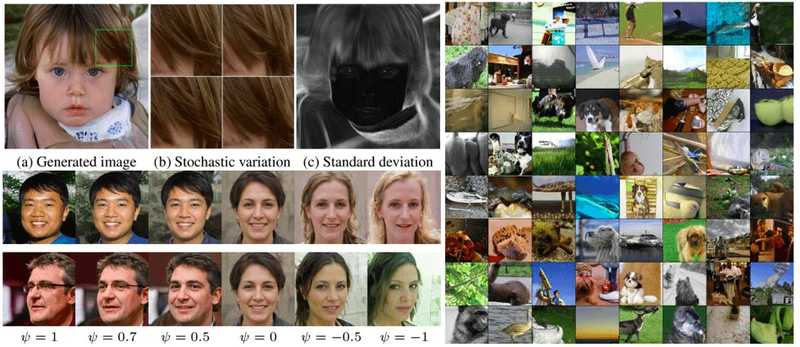Artificial intelligence (AI) programs have recently acquired widespread popularity in dermatology for assessing, diagnosing, and treating skin conditions. As reported in the International Journal of Dermatology, investigators recently analyzed all published studies from the last 10 years to evaluate current AI programs in use for dermatologic purposes, uncovering significant shortcomings when applied to skin of color (SOC).
The researchers identified various challenges when this technology is applied to SOC, mainly stemming from the underrepresentation of SOC in datasets and issues with image quality and standardization. Results indicate that current AI programs inevitably do worse at identifying skin lesions in SOC. Also, only 30% of the programs identified in this analysis had data specifically in SOC.
“The idea for this research project stemmed from lead author Rebecca Fliorent’s establishment of South Jersey Skin Talk, an organization committed to educating others about dermatologic conditions, with an emphasis on those affecting people of color. Inspired by the profound absence of images portraying skin of color, Rebecca investigated the role of AI in dermatology, particularly its implications for addressing the needs of diverse skin types.” Said corresponding author Thu Minh Truong, PharmD, RPh, a medical student at Rutgers New Jersey Medical School.
URL upon publication: https://onlinelibrary.wiley.com/doi/10.1111/ijd.17076
Additional Information
NOTE: The information contained in this release is protected by copyright. Please include journal attribution in all coverage. For more information or to obtain a PDF of any study, please contact: Sara Henning-Stout, newsroom@wiley.com.
About the Journal
The International Journal of Dermatology aims to provide dermatologists around the world with a regular, up-to-date source of information on all aspects of the diagnosis and management of skin diseases.
About Wiley
Wiley is a knowledge company and a global leader in research, publishing, and knowledge solutions. Dedicated to the creation and application of knowledge, Wiley serves the world’s researchers, learners, innovators, and leaders, helping them achieve their goals and solve the world’s most important challenges. For more than two centuries, Wiley has been delivering on its timeless mission to unlock human potential. Visit us at Wiley.com. Follow us on Facebook, Twitter, LinkedIn and Instagram.
Journal
International Journal of Dermatology
Article Title
Artificial Intelligence in Dermatology: Advancements and Challenges in Skin of Color
Article Publication Date
6-Mar-2024
Disclaimer: AAAS and EurekAlert! are not responsible for the accuracy of news releases posted to EurekAlert! by contributing institutions or for the use of any information through the EurekAlert system.



